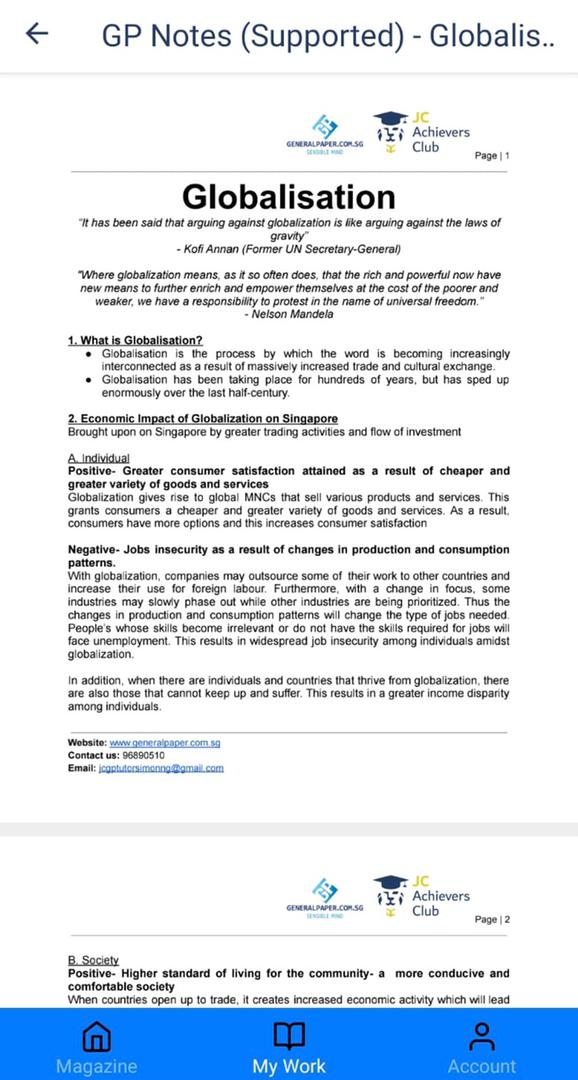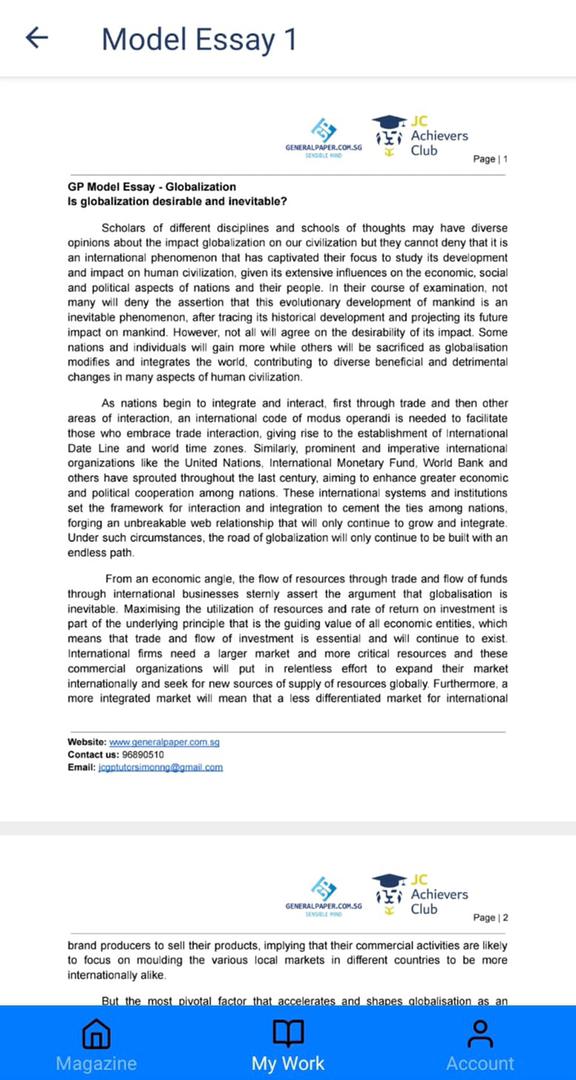How do Environmental Problems Affect Politics?
To fully comprehend the underlying environmental issues, students need to expand the scope of discussion to cover the political perspectives. Environmental issues have indeed caused disturbance in the political sphere as its effects are usually far-reaching. As a result, political tensions arise when countries point fingers and shift away from the blame of environmental problems. Let us look through and understand how environmental problems threaten to disrupt world peace and create political conflicts around the globe.
How do Environmental Problems threaten World Peace?
Unbeknownst to most, environmental problems threaten world peace as the vacuum of resources often create social and political tensions within social and political groups respectively. Especially in volatile regions with an ongoing political and social instability, environmental problems act as multipliers to the existing instabilities, jeopardising any attempts to create political peace. In some cases, this generates mass migration movement to other countries in order to escape the conflict-rife region. Consequently, political tension in the host country intensifies as its citizens may not be inclined to the sudden influx of immigrants in their hometowns.
The recent conflict in Syria as well as the surrounding African region has evoked mass migration to Europe, as the people dream of better livability abroad. In this situation, political conflict runs rife in the African plateau due to resource challenges and constraints where threatened peace force innocents out of their homes. However, this movement has generated undesirable side effects too. The large influx of these migrants to Europe has created a political crisis as some European countries simply do not have sufficient resources to deal with the problem. Such a massive overcrowding has resulted in political restlessness among the European citizens, causing cultural and social uneasiness between the migrants and citizens.
How do environmental issues create political conflicts?
Furthermore, environmental issues incur the possibility of political conflicts, especially that of resource owners and users. Large scale environmental issues such as drought and crop-failure undermine the supply of available resources namely food, water and energy, resulting in an imbalance of supply and demand for resources. In more fragile states, such polarity incentivises militia groups to take control of the resource supply in order to take profit at the expense of the resource users. While in more developed regions, the bigger economic power would bully its way into gaining control of the resource and impose measures that often have negative spillover effects to other resource owners.
For example, in the Greater Mekong Subregion, the Mekong River has been an age-long resource conflict, with the countries in the upper-stream curtailing water resources at the expense of the countries in the lower-stream. China’s seven hydropower dams on the upper Mekong River have generated negative consequences for lower Mekong basin countries such as Thailand, Laos, Cambodia and Vietnam, causing loss in both ecology and economy. This has created political tensions between the lower basin countries and China as livelihoods and economic growth is deteriorated by Chinese damming.

How Do Environmental Problems Affect Politics?
Be part of our vibrant learning community
Join now to get more learning resources like this

Join our FREE GP Learners Club
to learn anywhere and anytime!
Be a digital learner
and get Grade A for GP
Get learning resources Now?
GP Study Magazine
and cultivate writing and answering skills
 Learn More
Learn More
GP Videos | Content Enrichment |
GP Essays | Infographics | GP Facts











